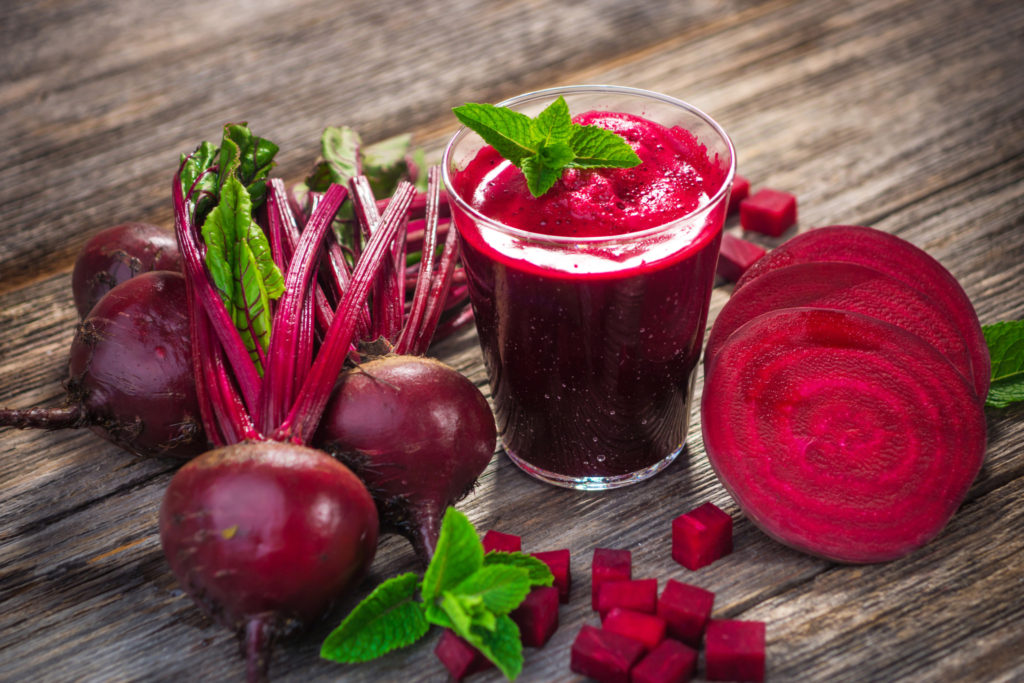Lighten the Toxic Load in BREAST CANCER AWARENESS MONTH
Category: Mind-Body LIFESTYLE

I’m asked regularly to help with various activities that support research about breast cancer, and I’ve done my share gladly. But I really think the emphasis ought to be on PREVENTION, which plenty of research supports. So I do everything I know to get the word out in October (and every day) that “lightening the toxic load” goes a long way toward preventing and even curing breast cancer.
Here are some prevention things to do ourselves and to tell women and men friends about. Remember that breast cancer doesn’t affect just women! An alarming number of men now face this issue because of weight issues, hormone imbalance, toxic load, deficiency of essential fats, and no exercise.
- Do something effective about your weight NOW if it’s an issue. Did you know that toxins store in our fat cells? And that belly fat toxins are worst of all because they re-circulate daily? For tips on shedding the fat along with the toxins and staying slim permanently, check out my free e-book at http://Slim.AirApparent.com.
- Do a safe and effective cleansing program at least once a year. Can you name some things you ate yesterday that were not good for you? Sadly the residue or all those bad food choices might still be in our gut for years, adding toxins to our system. That’s why AIR APPARENT is offering our first annual Fresh Start Cleansing Program. It’s totally safe compared to the other detox programs on the market which make you worse off for having done them by eliminating too much good gut flora and creating an environment where candida yeast can take over. To get a 23-minute video overview, go to www.FreshStartProgram.info and use the pass word “freshstart”. There is no charge to you for nutritionist Nedra Sahr whom I’ve hired to guide us, nor a charge for all her materials, proven by 30 years of happy customers. You simply buy four cleansing products for Week 1. You can stop there or continue for 4 more weeks with a choice of product options. Join us!
- Get”Vitamin Exercise” every day because it’s just as important as your daily multi. 30 minutes a day (150 minutes a week) will help your body shrink the size of fat cells and release the toxins that are in them. [Experts tell us that if our time is tight, 75 minutes a week of high-intensity exercise can have similar effects.[1]] Exercise also helps to regulate hormone production, and that’s important because hormone imbalance is such a huge factor in breast cancer.
- Cut way back on fast food and any processed food, since it’s chock full of synthetic chemicals, excess sugar, salt, and the wrong kind of fat. Instead, eat “healthy fast food” that’s full of colorful fruits and veggies. You’ll greatly reduce chemical exposure from processed convenience and fast foods. Eat plenty of produce that offers antioxidants, such as blueberries, cranberries, broccoli, kale, carrots, and sweet potatoes. Consuming foods rich in antioxidants has been associated with helping to maintain breast health.
- Choose nutritional supplements to fill nutrition gaps. Research tells us that Vitamin-D and Omega-3 fatty acids have both been shown to maintain breast health.[2][3] But it makes no sense to buy supplements with synthetic Vitamin-D or Omega-3 fatty acids that are rancid or full of mercury!
- Curb “vices”–don’t smoke and do limit alcohol. Risks for breast cancer increase for smokers and for those breathing in second-hard smoke. And did you know that research shows that two or more drinks per day on a regular basis increases the risk of breast -related problems?[4]
- Catch things early! Schedule that clinical breast exam once a year, and see your doctor regularly. If we are between the ages of 40 and 49, new guidelines recommend having screening mammograms every one to two years.[5] Doing check ups gives us a chance to list little changes we’re noticing, share them with a health professional with experience in knowing if they’re significant or not, and get any questions clarified so that worry doesn’t add to our stress load. Remember to do that breast self-exam monthly so we’re familiar with how our breasts normally look and feel and so we can get help right away if something changes.[6]
It’s October. Let’s lighten that toxic load!
[1] “Choices for Good Health: American Cancer Society Guidelines for Nutrition and Physical Activity for Cancer Prevention.” CA: A Cancer Journal for Clinicians 56.5 (2006): 310-12.
[2] “American Institute for Cancer Research (AICR) – How Omega3 Fats May Protect against Cancer.” American Institute for Cancer Research (AICR) – How Omega3 Fats May Protect against Cancer. N.p., n.d.
[3] “Vitamin D and Cancer Prevention.” National Cancer Institute. N.p., n.d.
[4] “Study Supports Alcohol, Breast Cancer Link – Harvard Health Blog.” Harvard Health Blog RSS. N.p., 03 Nov. 2011.
[5] http://jnci.oxfordjournals.org/content/89/8/538.full
[6] Brewster, Abenaa, and Kathy Helzlsouer. “Breast Cancer Epidemiology, Prevention, and Early Detection.” Current Opinion in Oncology 13.6 (2001): 420-25. Web.



Facebook Comments